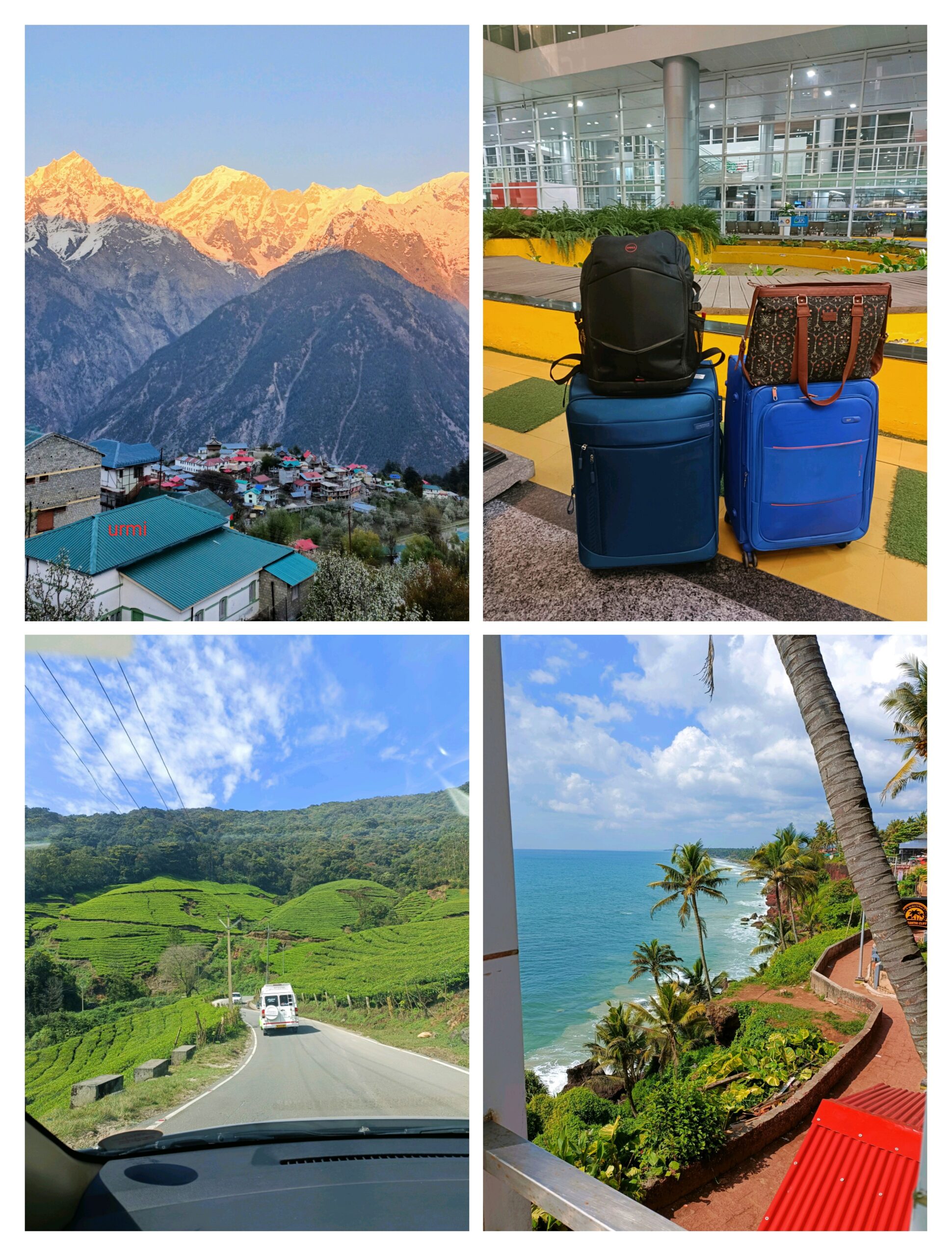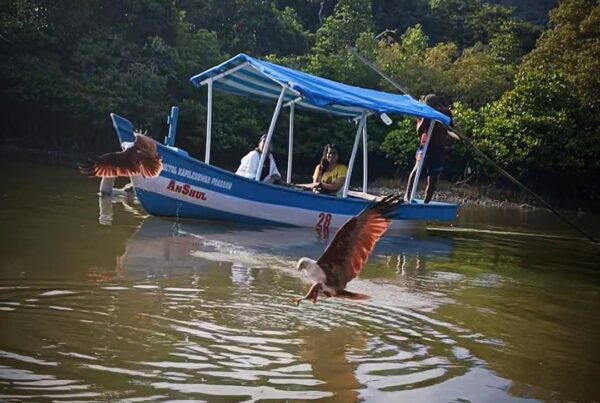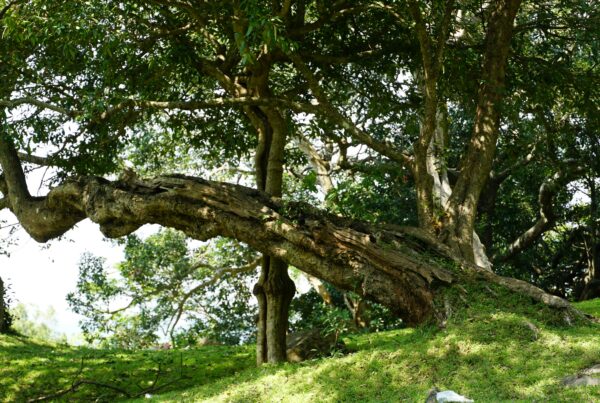This article was featured in the Hindu Open Page on 13 October, 2024.

On our recent visit to a Himalayan hill state, we got stranded outside our property for a few hours. Returning after an exhilarating day trip to a nearby valley, we were still soaking in the beauty of the stellar views, when an experience of a different kind hit us. A huge deodar tree had got uprooted, and was blocking the path leading to the resort. The local villagers, in a commendable display of solidarity and strength, cleared the path within a few hours. It made us realise the hardships and unpredictability of life in high altitude terrain. But our biggest takeaway here was the spirit of brotherhood and unity that bound these simple hill folks into a symbiotic community.
During our stay at Kannur, a peaceful seaside town in Kerala, we caught a curious sight of some fishermen staying afloat mid-sea, with rubber tyres placed around their neck. They were scouring the waters to collect shellfish and crabs in little baskets tied to their waist. Our hearts went out to these men braving the cold water for hours, just to make ends meet.
These, and many such unique experiences, form the core of one’s touristy memories. Small wonder then that a special day has been designated by the United Nations to uphold and disseminate the significance of tourism. Since 1980, World Tourism Day is celebrated on 27 September every year, to highlight the role of tourism as a major player in the socio- economic sector. The theme for 2024 is ‘Tourism and Peace’, with Georgia named as the host country.
One question that often prods us here is, how is tourism any different from travel? Well, the two are undoubtedly connected, but intrinsically different in nature and scope. Travel primarily indicates the act of moving from one place to another for a variety of purposes – business, vacation, hobby, family requirements, or even reasons like a college reunion, medical treatment, or a spiritual journey. Tourism, on the other hand, focusses more on the commercial aspect of travel and includes variables like accommodation, means of transport, local attractions, activities, and discovering diverse cultures and communities. Hence, tourism is most certainly a part of travel. But not all travel veers towards tourism.
Tourism, as a commercial sector, catalyses employment opportunities, infrastructural development, and provides a fillip to local communities doing varied businesses. In 2023, tourism accounted for 9.1% of the global GDP — about $10 trillion worth of revenue and 27 million new jobs. But as an experience, it has a much deeper impact. In a world that has become increasingly fractured, where nations are turning hostile and peace is the biggest casualty, tourism shines bright as an agent of peace and positivity. As we visit new countries, we are exposed to new people, their unique customs and lifestyle. We respect their practices and understand their situations better. Our tolerance and empathy levels rise, and our mental horizons broaden. Together, these factors not only mend broken bridges but also help forge new ones.
Picture this – a carefree conversation initiated under open skies among ordinary people with diverse backgrounds, as opposed to a guarded dialogue conducted between political leaders inside a cold, concrete conference room. It doesn’t require a genius to figure which yields better results. Or holds an enduring value.
Apart from social, cultural and commercial benefits, world tourism is a great instrument in fostering environmental awareness and restoring bio-diversity. As we travel to faraway lands, we witness first-hand how fragile ecosystems are adversely impacted by both selfish human activities and natural processes. Thus, we not only learn of endangered species but also about ways of conserving them. For example, the Australian government is actively restoring the Great Barrier Reef and has imposed a ban on wild-caught corals. In Peru, Bolivia and Costa Rica, well-curated, responsible tourism has helped protect the rain forests from potential land-grabbers and funded their revival, too. Critically endangered, rare birds like the Giant Ibis are being protected in Cambodia, thanks to a mindfully designed eco-tourism programme.
This World Tourism Day, let us celebrate the beauty and joy of diverse travel experiences, while committing to sustainable practices. Let us break barriers, enrich lives, and nurture a wholesome, peaceful planet, one destination at a time!









